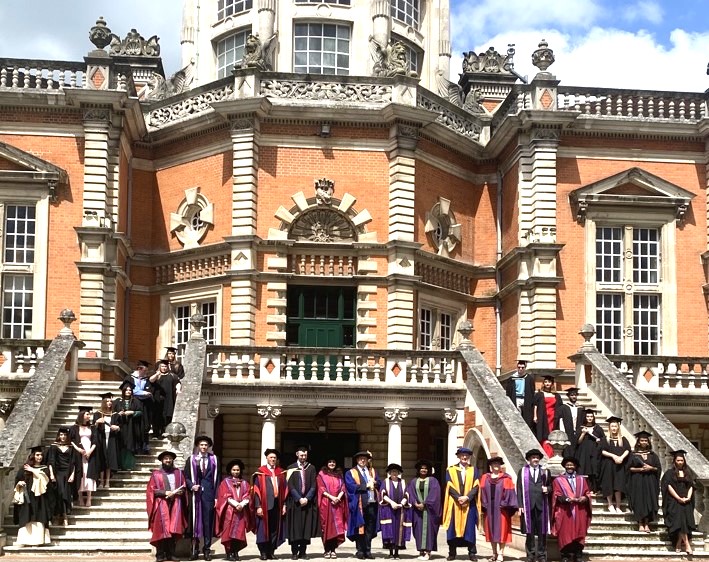Dr. Renata Grossi who is an interdisciplinary scholar in the Faculty of Law at the University of Technology Sydney, Australia, gave a talk on 2nd May 2024 titled ‘I am not my friend’: When contract law goes to therapy.

The paper asked: what is a contract when it goes to therapy? Interviews with 13 counsellors (from trauma victims’ first responder to couples therapy; from the modalities of CBT to havening therapy) imagined the contract as the means by which a professional identity could be created and where boundaries, and emotions are defined and regulated. Do these insights question how we theorize contract? Does it make sense to think of will, freedom, promise, consent and relationships in this particular contractual context? The paper asked whether Gunther Teubner and his ideas of contract provides some of the answers.
It was in relation to the Australian Counselling Association stating in their code of ethics and practice that ‘counselling is a formal and contracted relationship and nothing else’ (s 4.9 (a)). On the face of it, the provision of a mental health service is a business and its regulation via the contract is uncontroversial. But contracting for a therapeutic goal raises the question of whether contract, with its imagination firmly embedded in the economy and the capitalist market is the best tool for the job.
Renata is interested in the relationship between law and emotion and is one of the co-convenors of the Law and Emotion CRN 42 at the Law & Society Association, USA. In theoretical terms she is interested in how the relationship builds upon a critical understanding of law, and in practice she has written on the meaning of romantic love in various legal doctrines. She uses private law, mostly contracts, as her archive. More recently, she is investigating how feminist methodological discourses can influence law and emotion scholarship and how a law and emotion paradigm may lead to pushing the boundaries of how we theorise agreement in contract law.
























